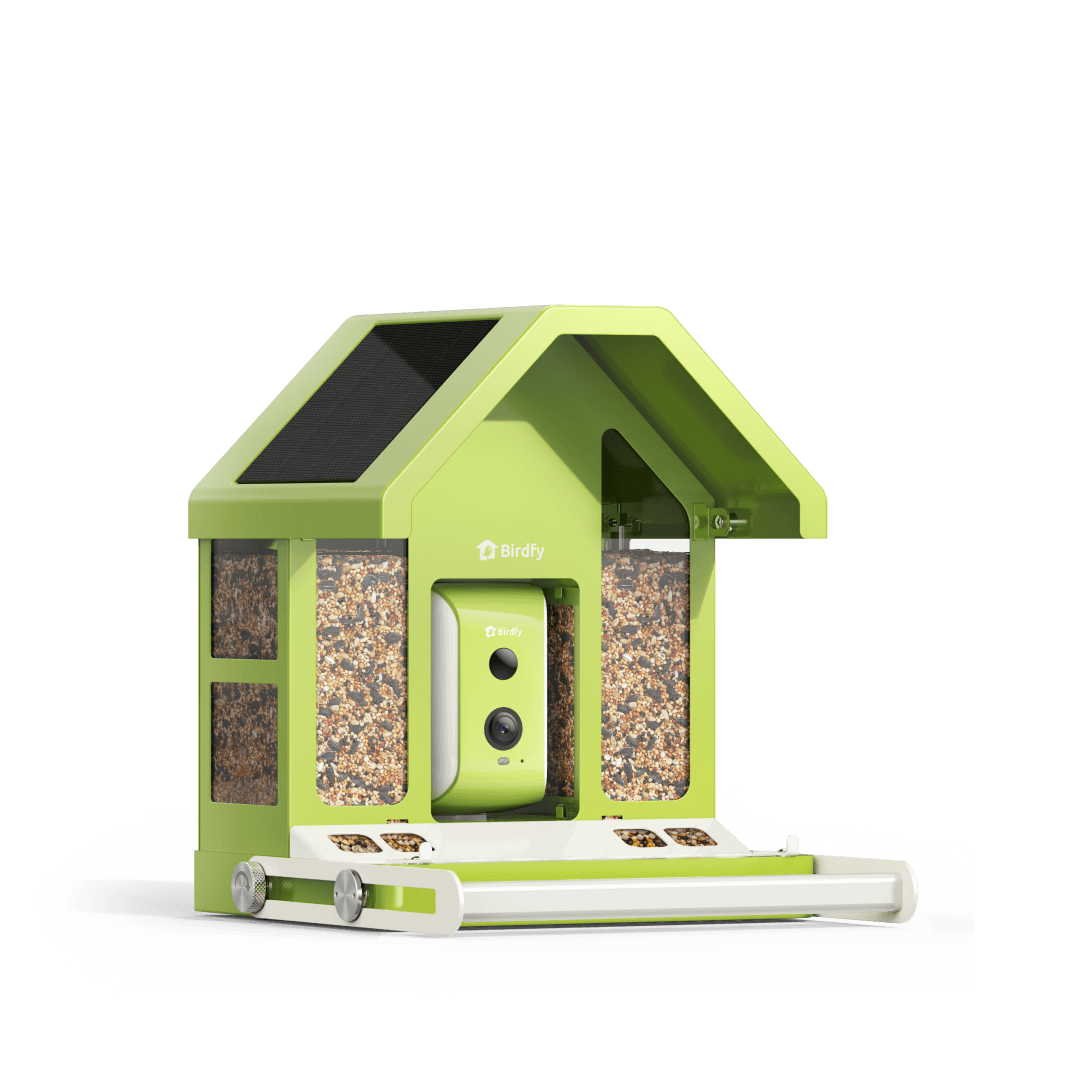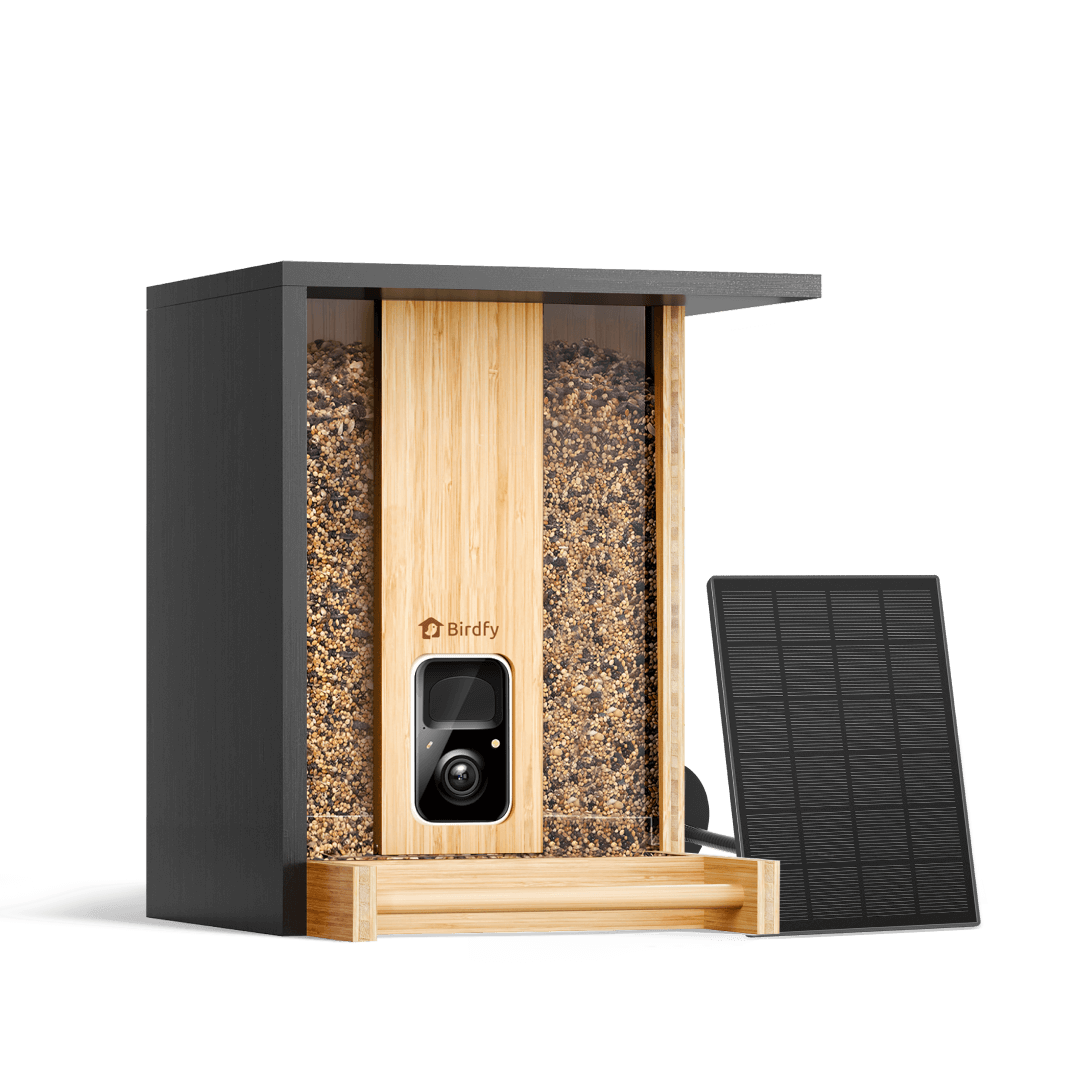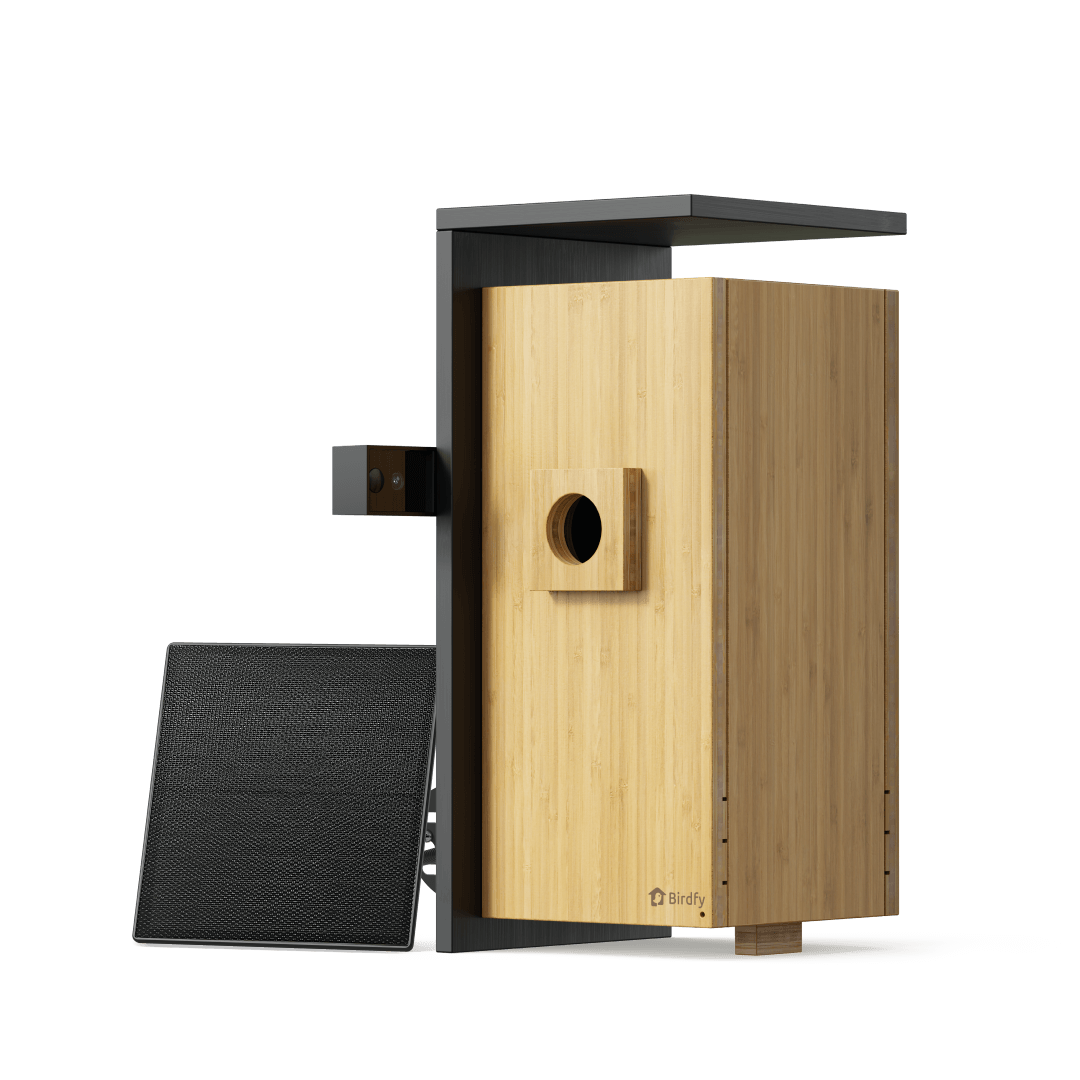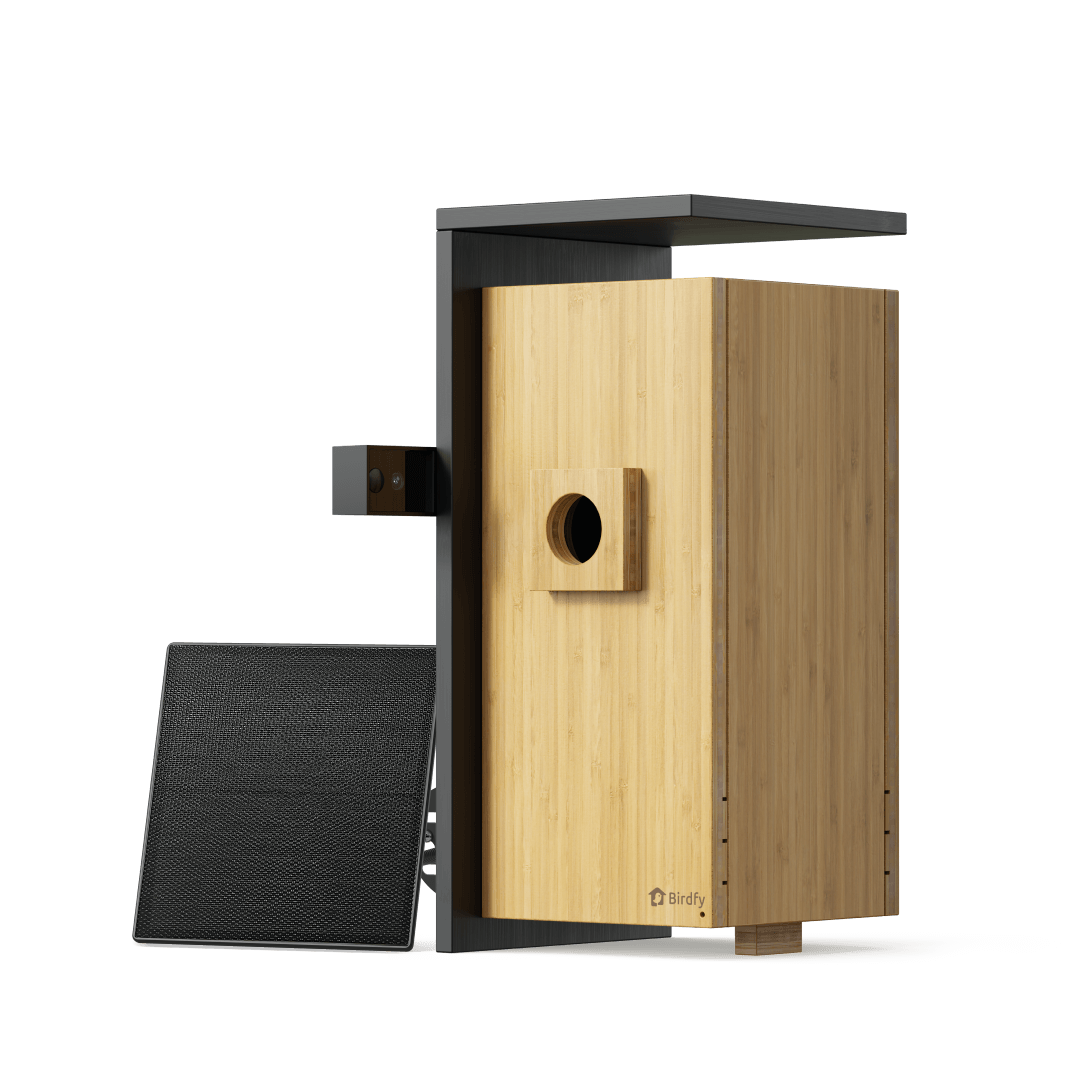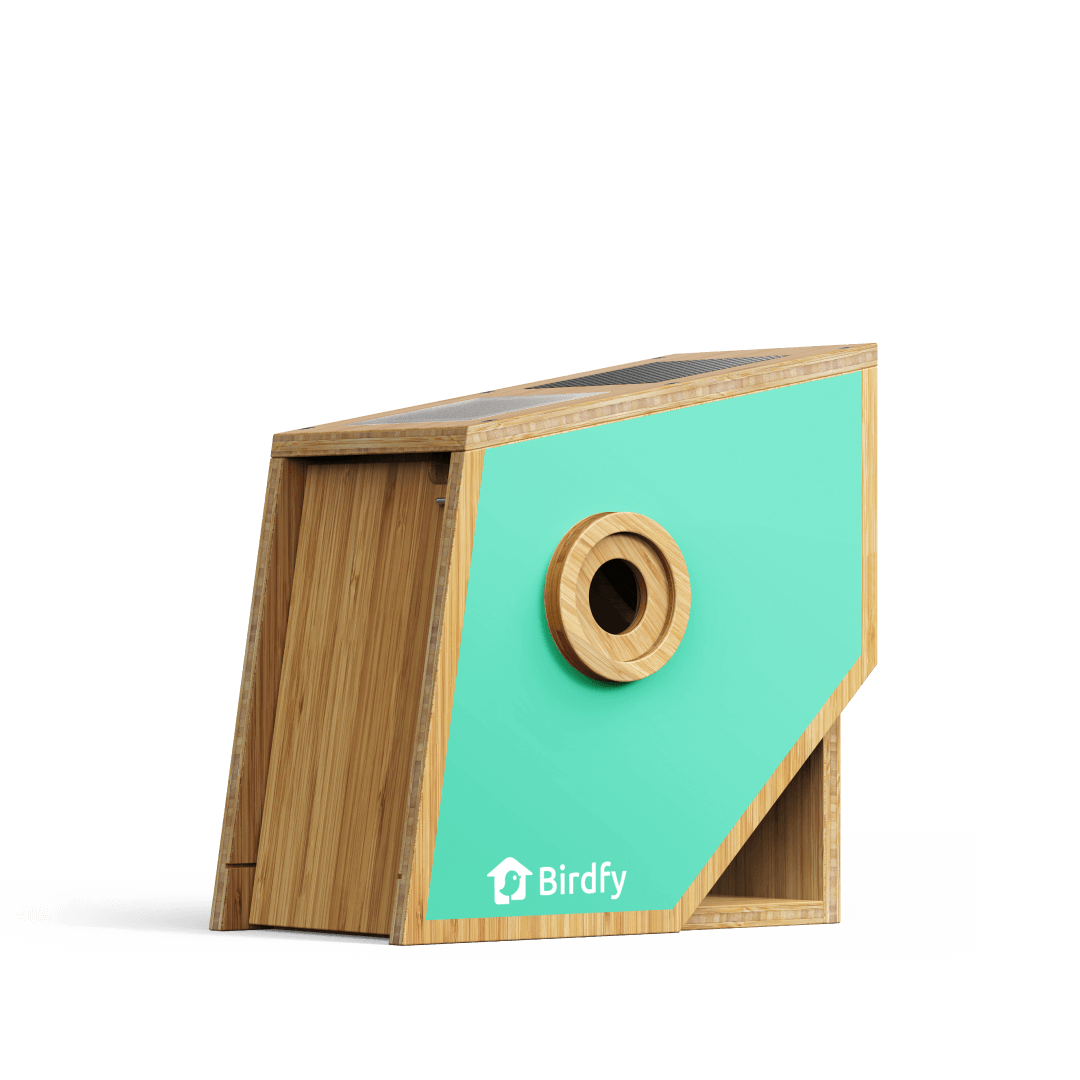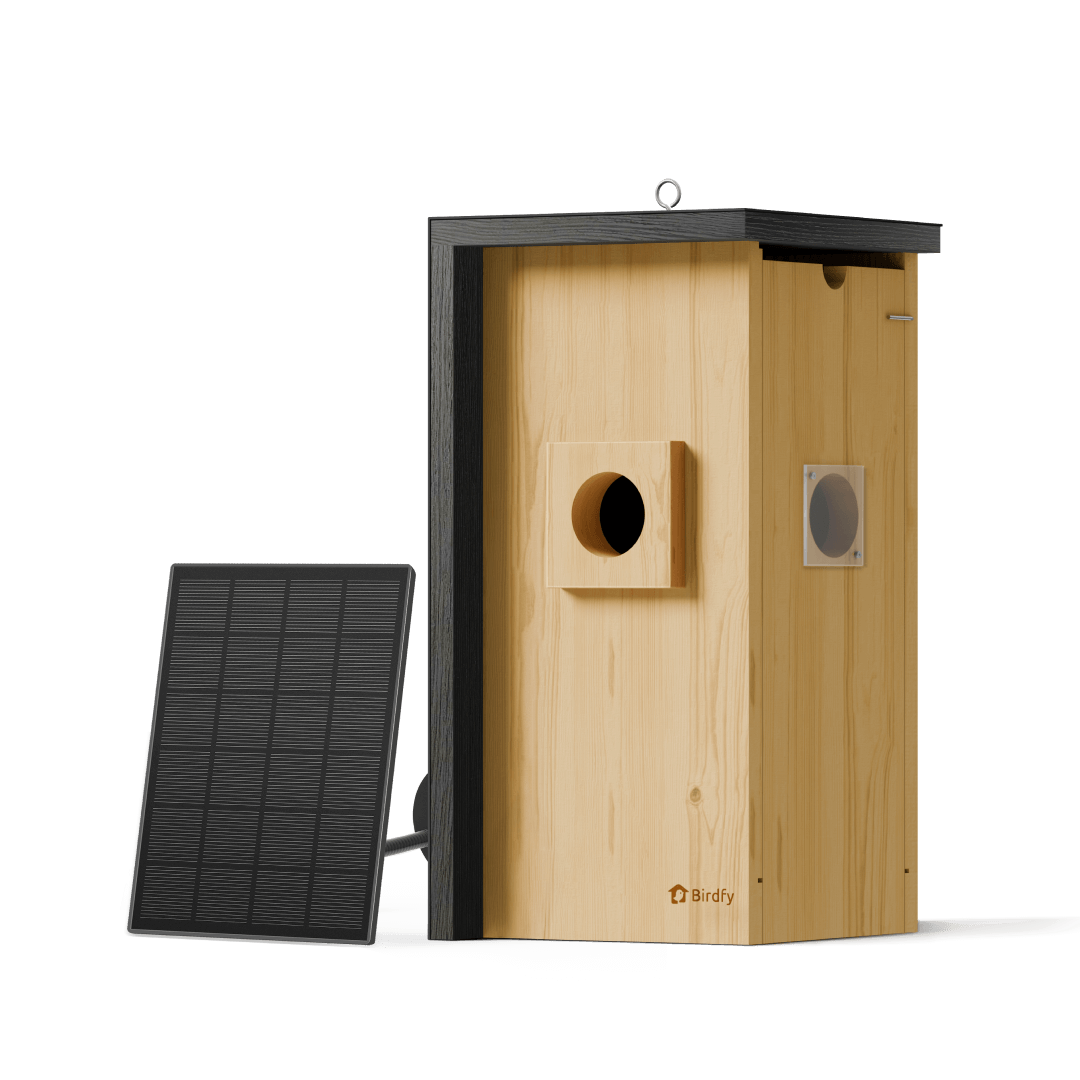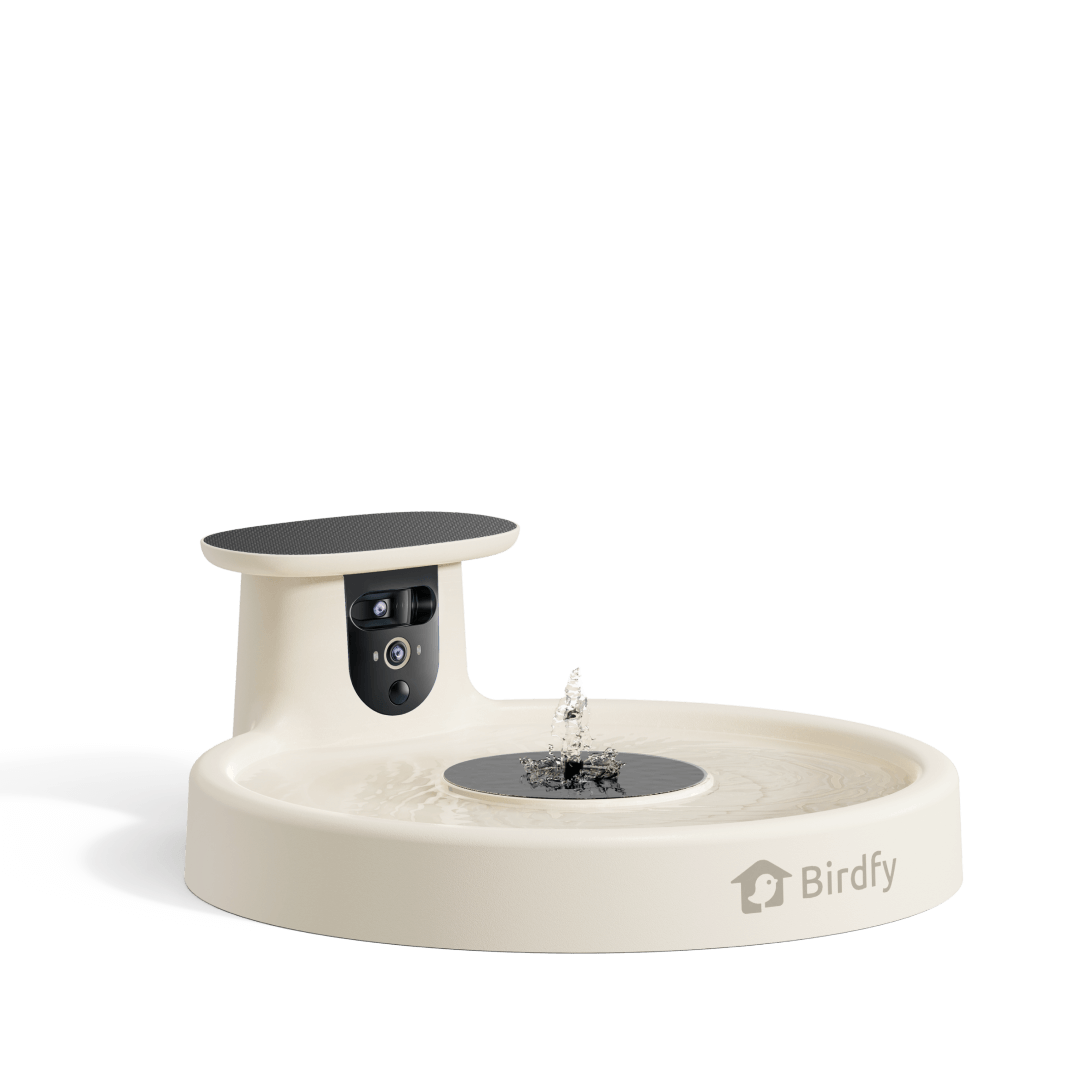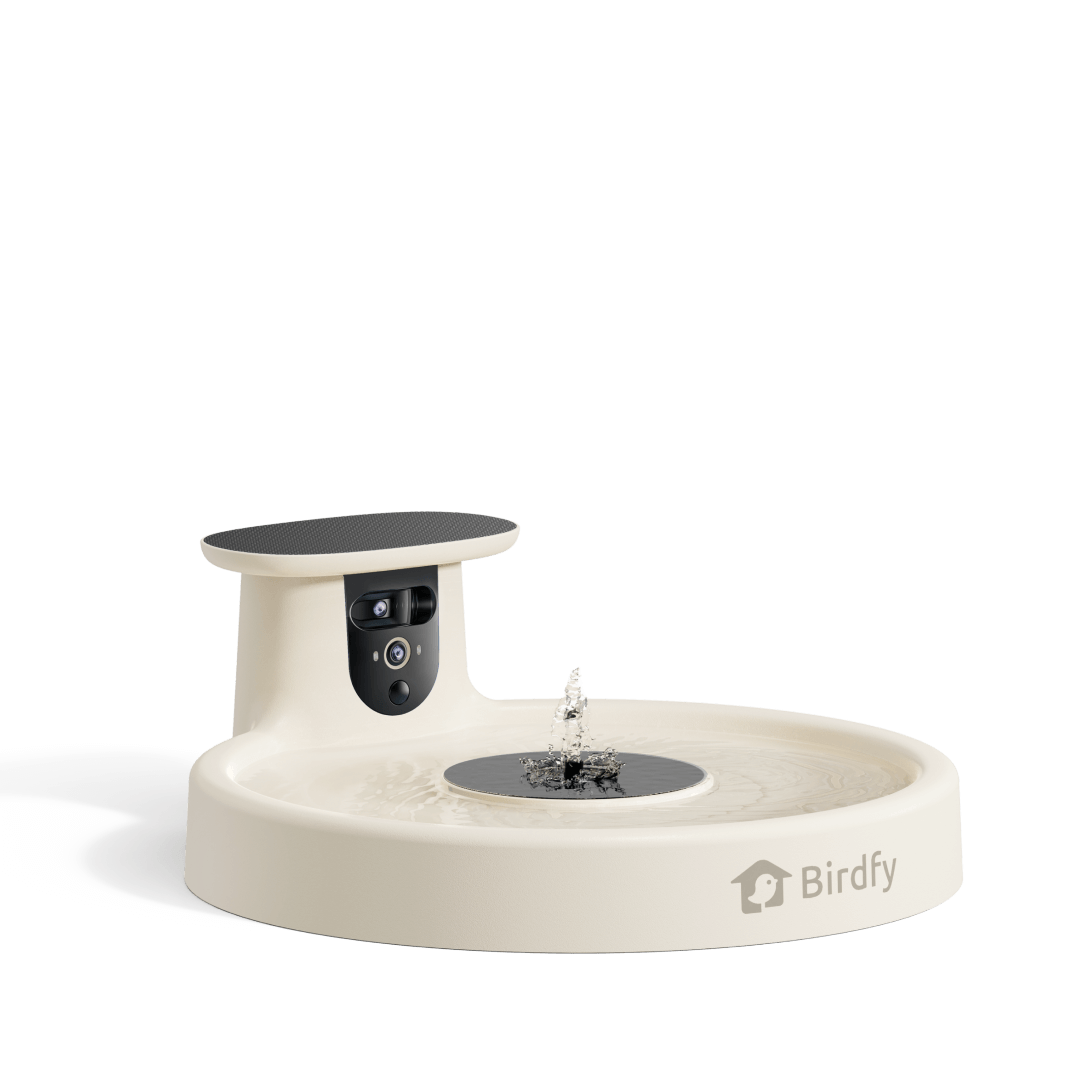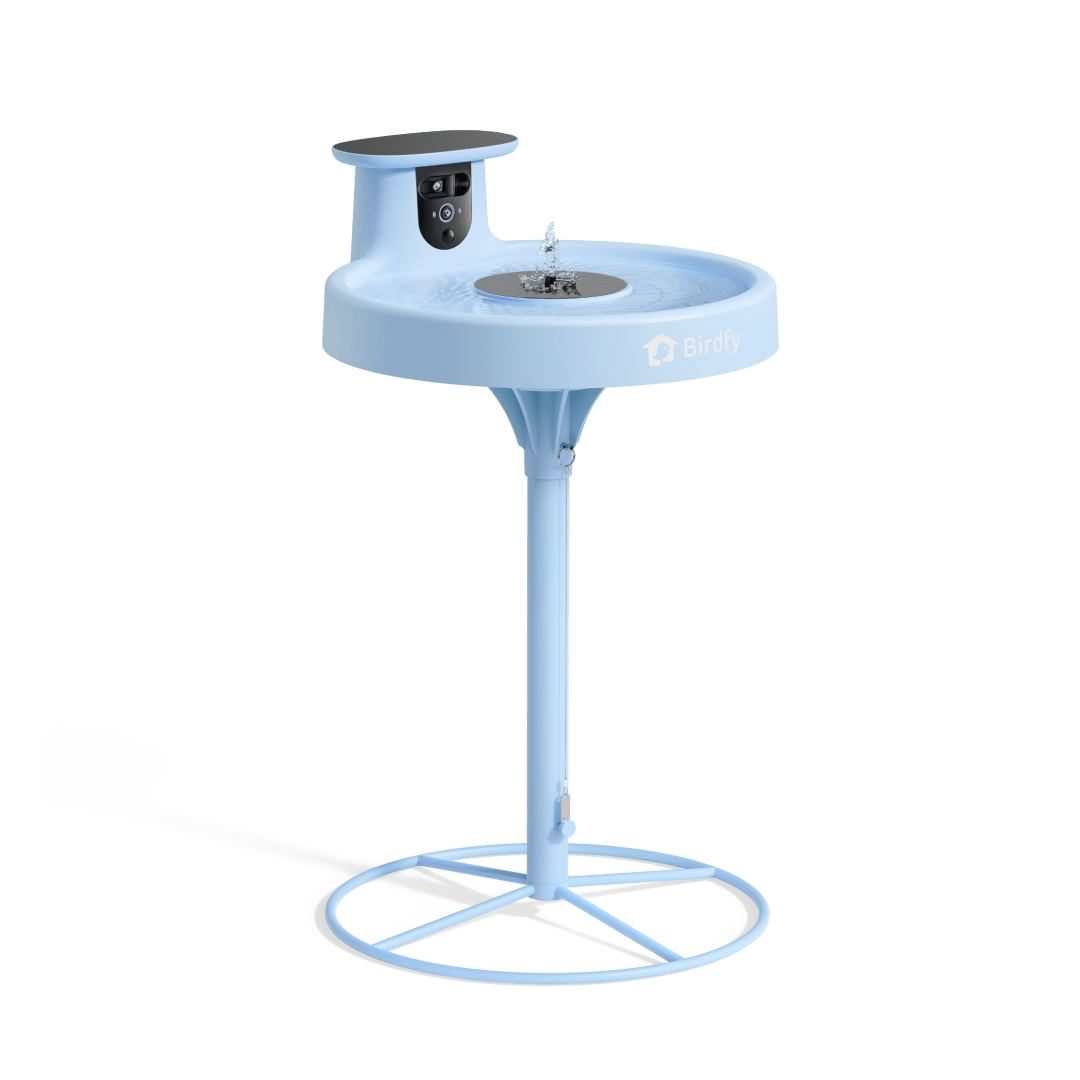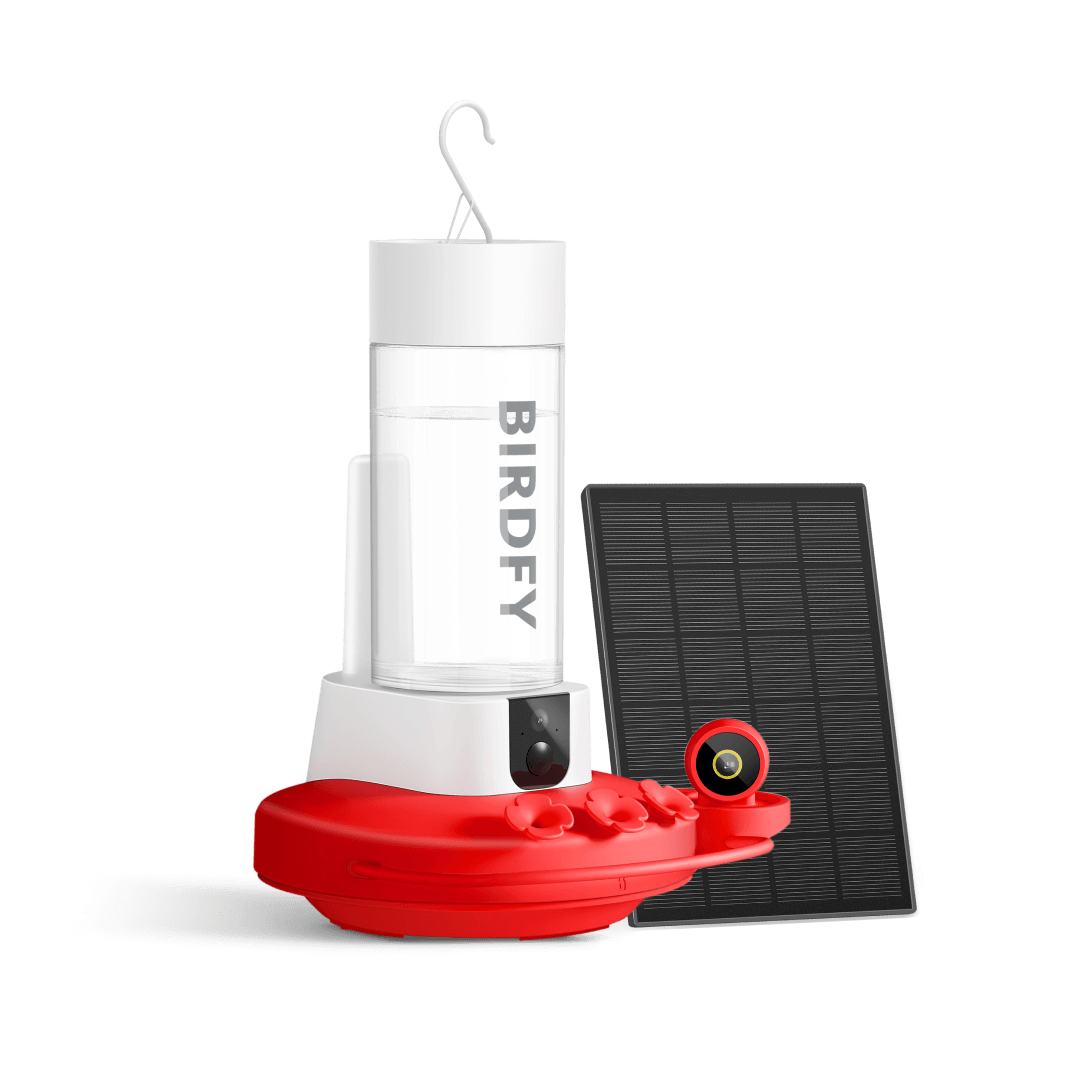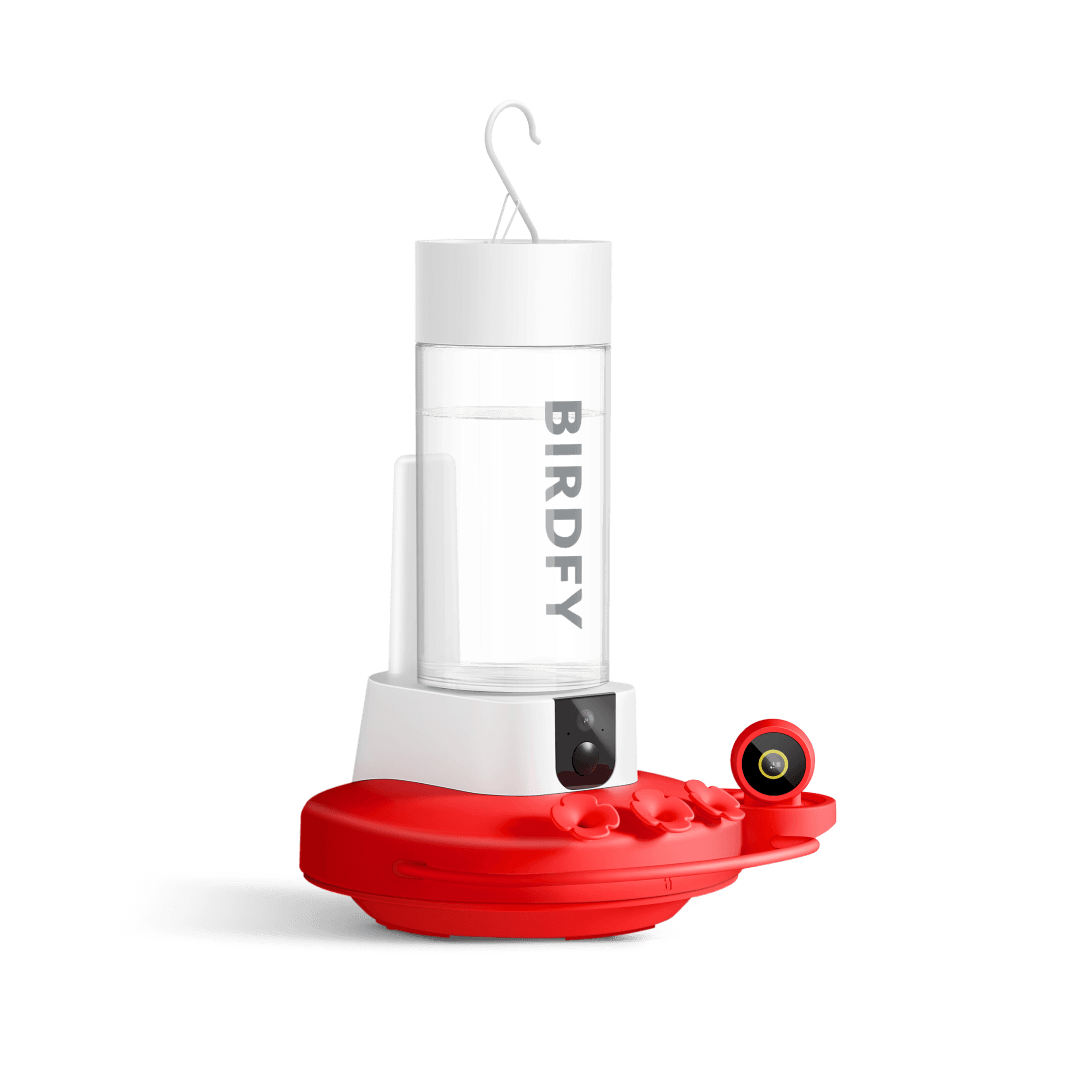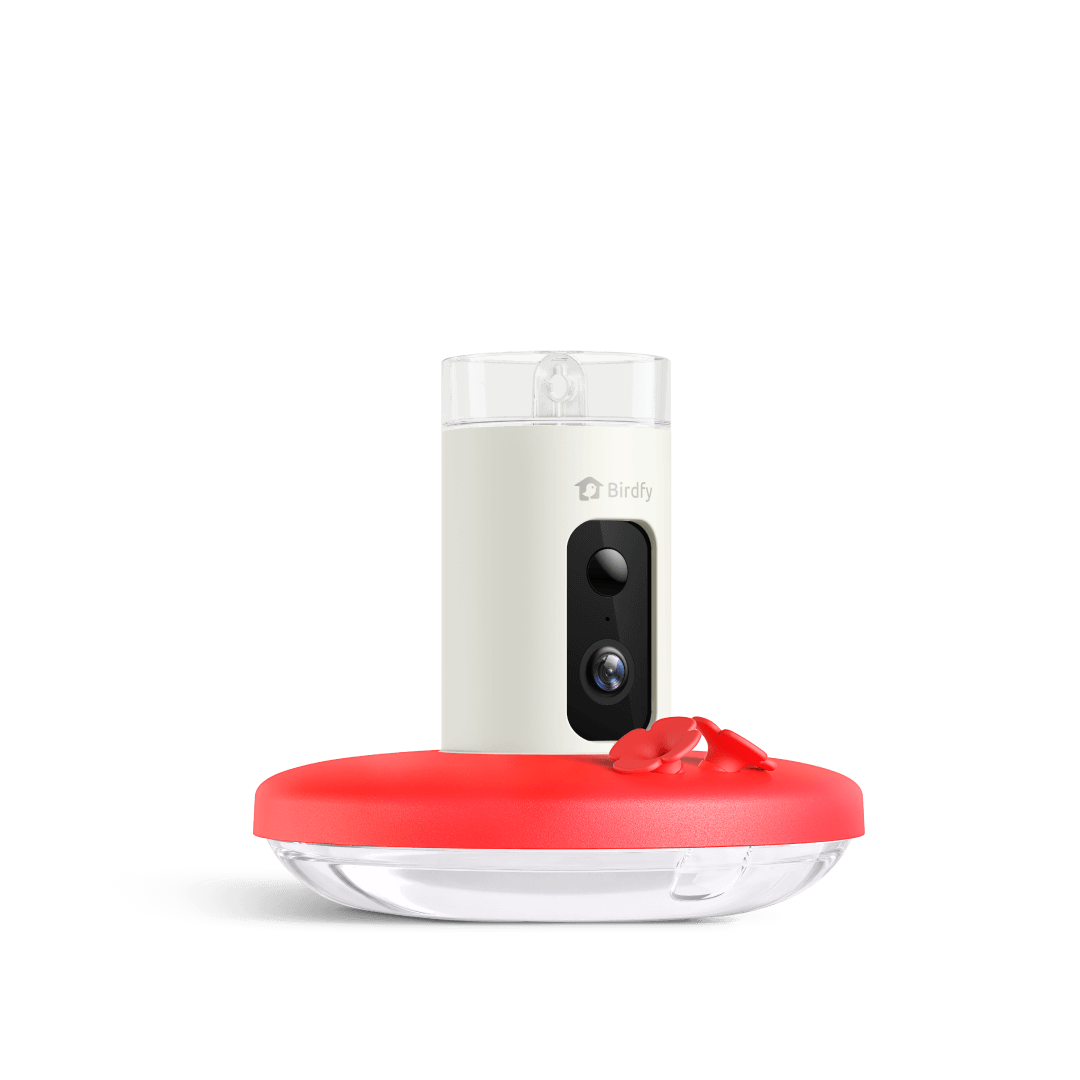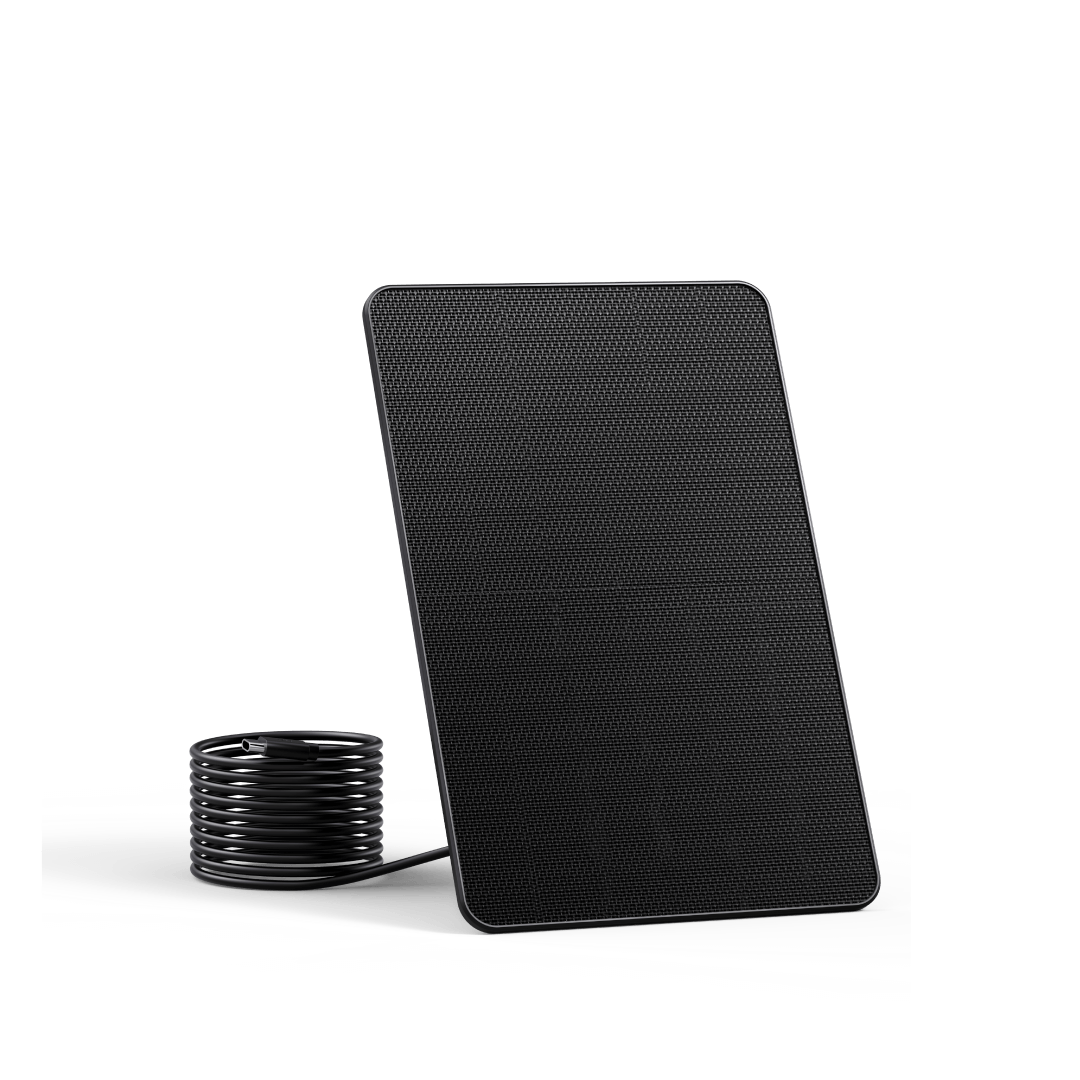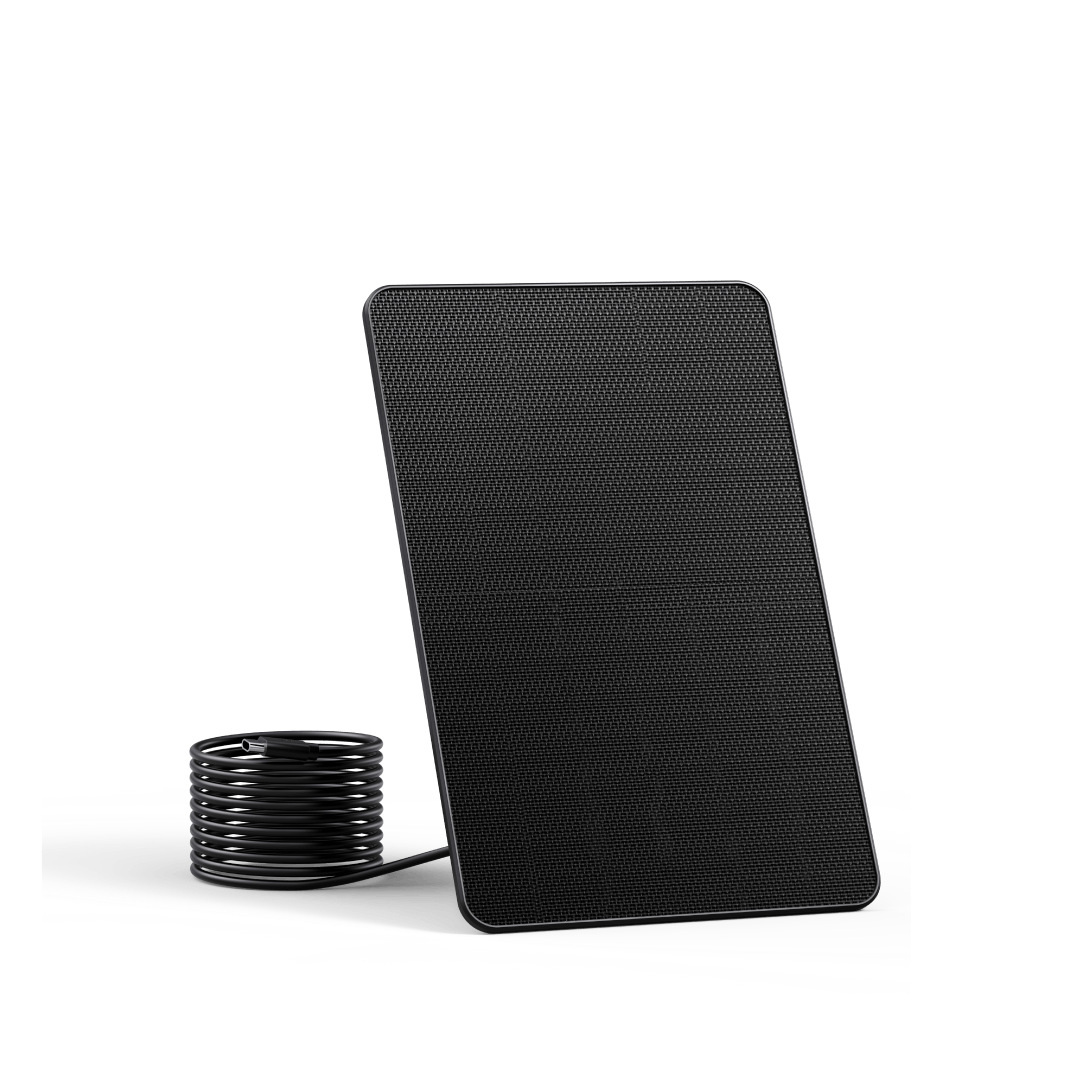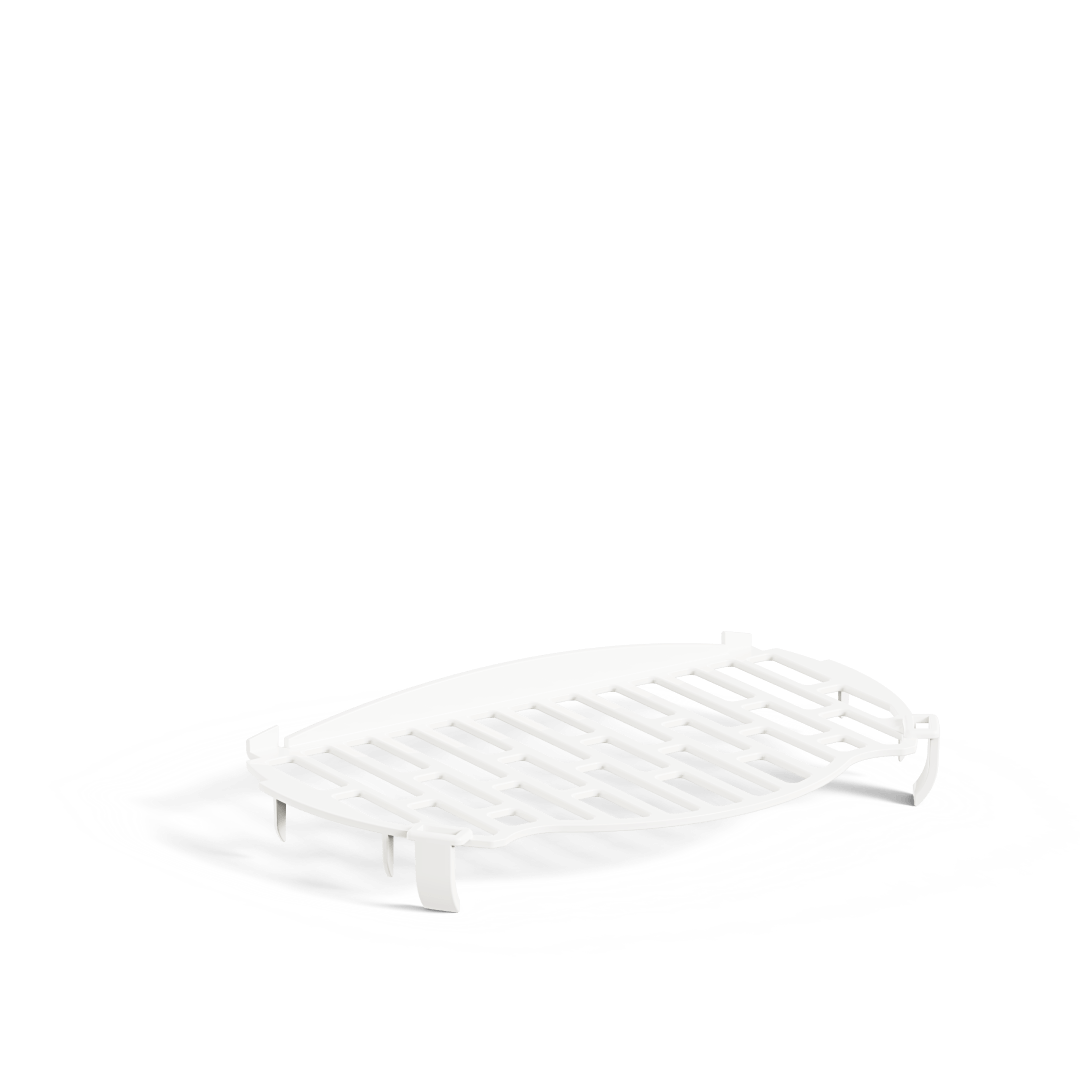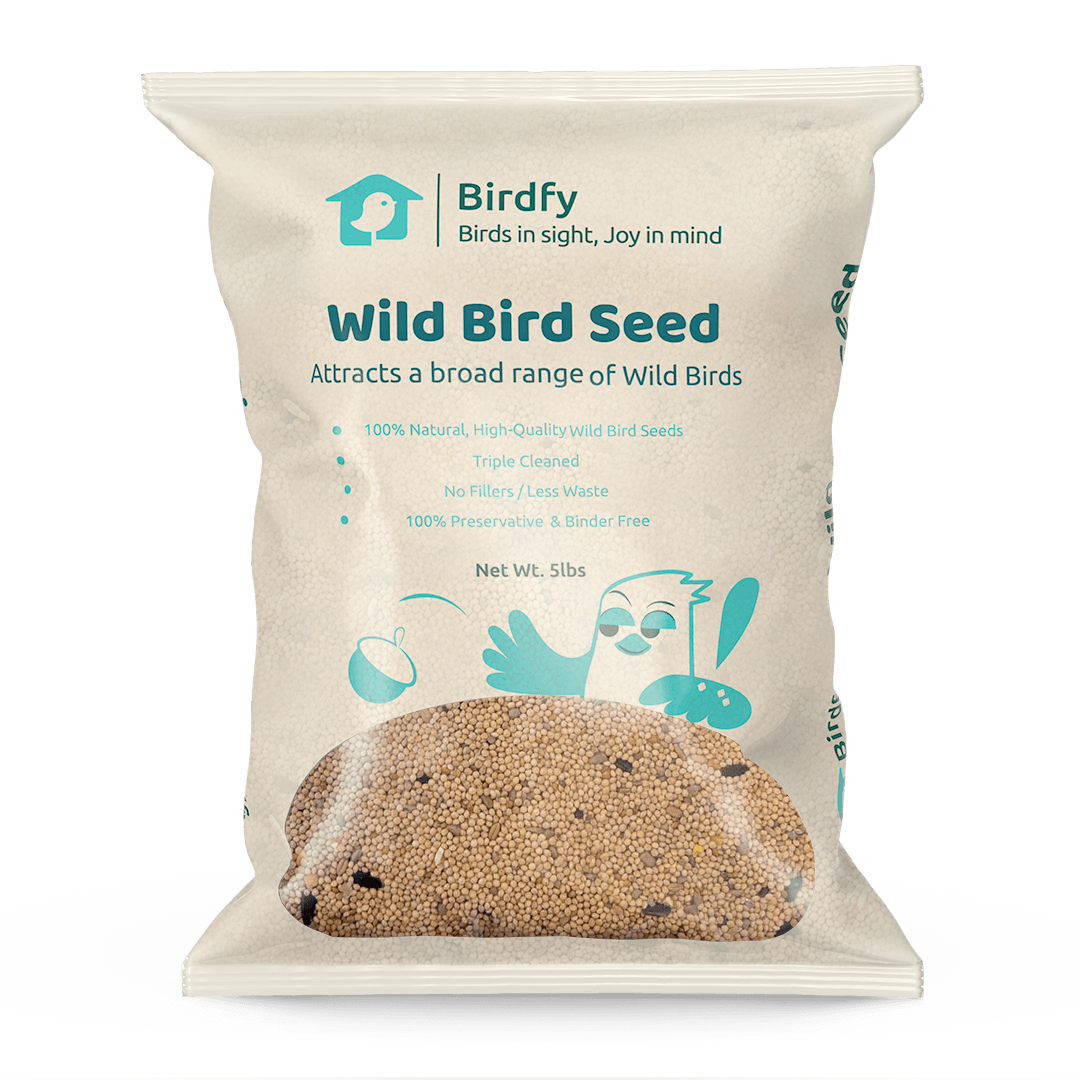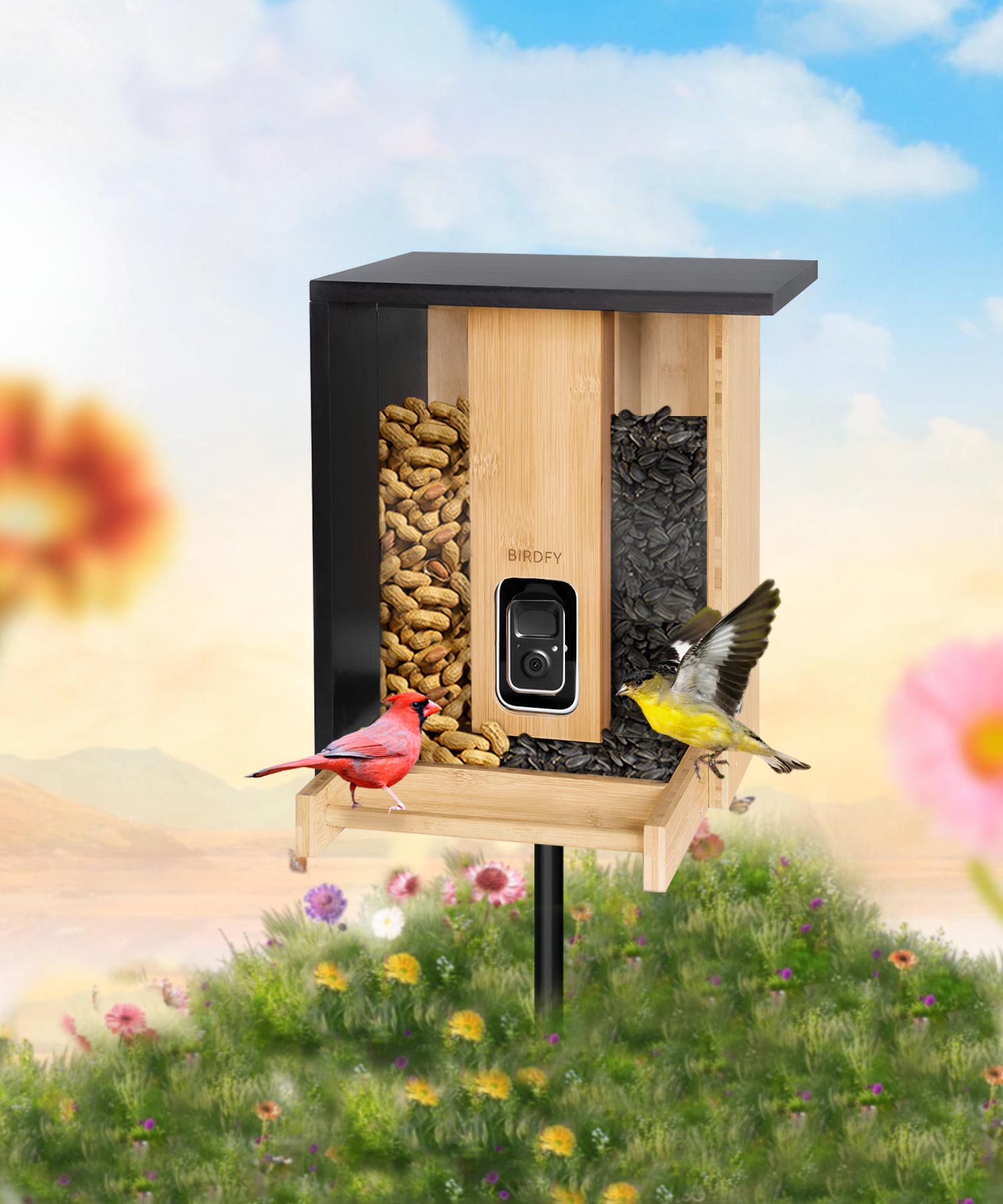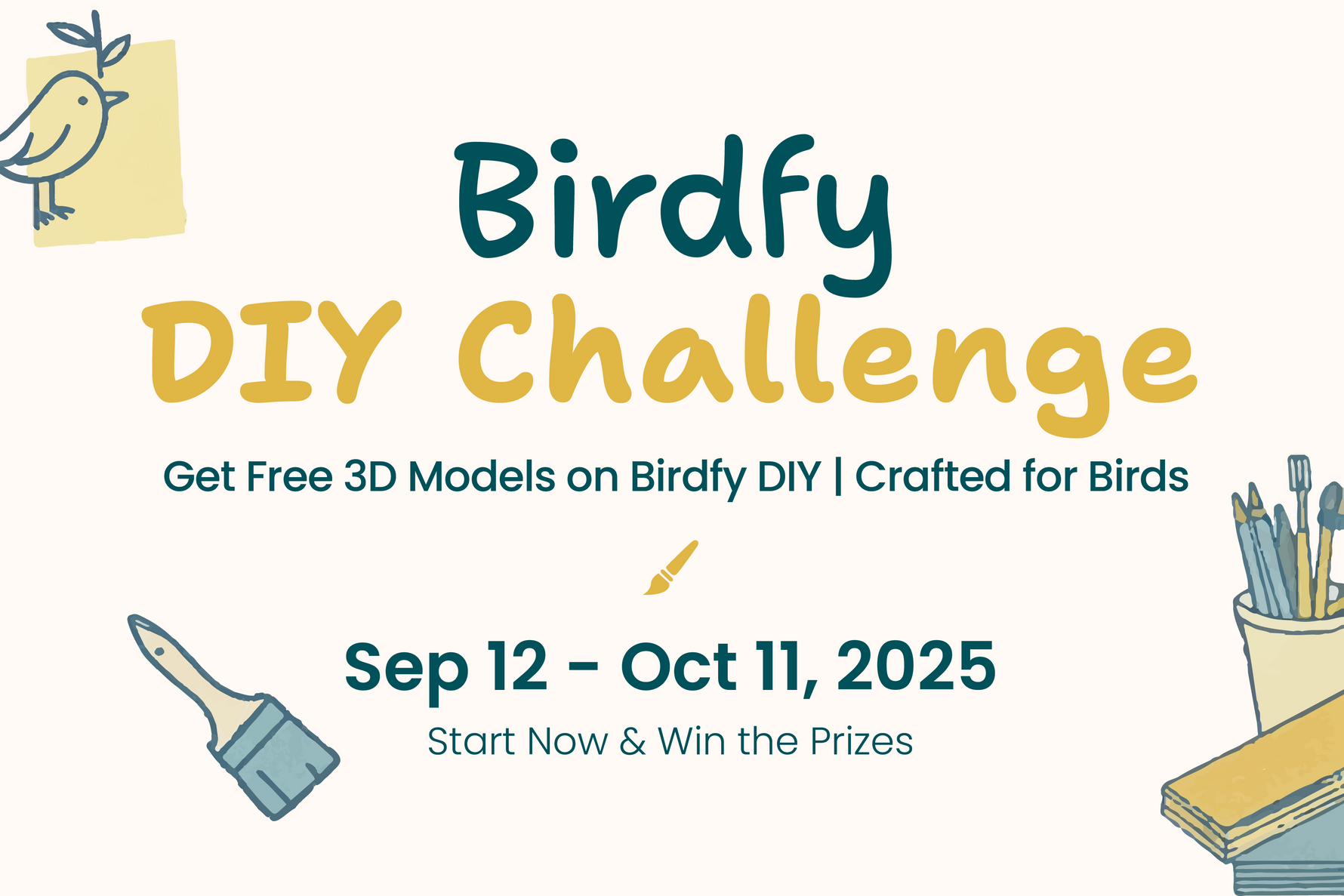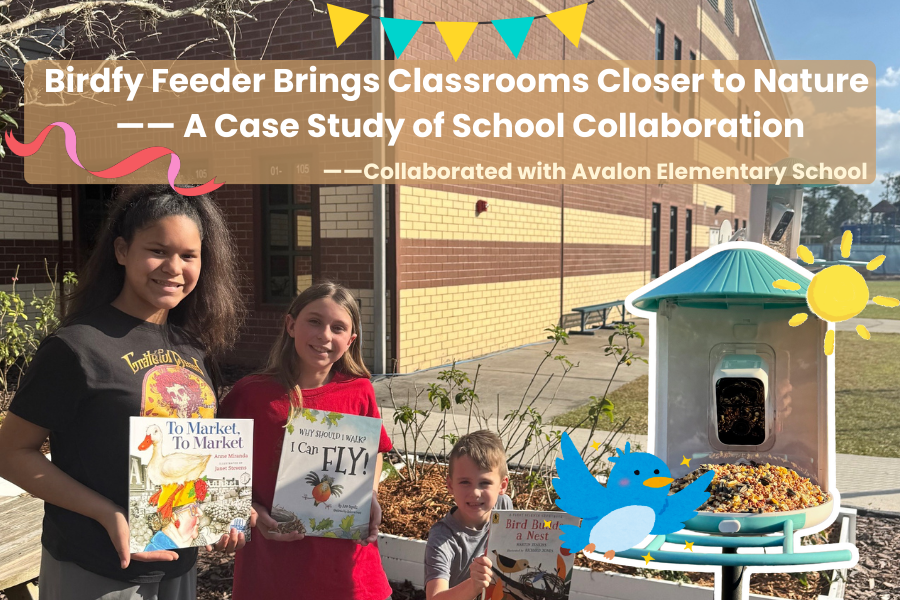Why Do Birds Eat Their Own Eggshells?
Birds also exhibit explainable, unpredictable, and unique behaviors, and one that has caused quite a stir among bird lovers is consuming eggshells. This may sound strange and astonishing, but this behavior is necessary for the bird community.
Eggshells contain high amounts of calciferol, which is used for the nutrition and sustainability of birds, especially during the breeding season. This article also explains why birds eat their eggshells, how they are helpful, and the proper ways of offering these eggshells to the birds.
Give Your Eggshells to Birds!
If there is one thing that the birds will need at this time of the year, it is food, which must be understood. Besides, the ribs are well designed—eggshells are a brilliant source of calcium, always necessary for perching birds. Birds also need more calcium, as this is used in the formation of their eggs and bones.
Giving birds crushed eggshells is also a perfect idea food-wise, especially if you have a bird feeder in your compound. Not only do bird-derived minerals come from eggshells, but they also play significant roles in the physiology and especially reproduction of birds.
Eggshells For Birds
Eggshells are important to birds in the following ways: They are a source of calcium, which is necessary for many essential processes in the organism, especially for females, while laying eggs. If the supply of calcium is scarce, the birds will develop poor bones, the quality of eggs will be inadequate, and sometimes the birds may be unable to reproduce.
· Overview Of Why Eggshells Benefit Birds
The birds specifically benefit greatly from eggshells since they are wealthy in calcium. They act as an excellent complementary source, especially in areas where calcium intake is restricted.
· Common Misconceptions About Feeding Eggshells To Birds
Some might consider it a possibility that birds will start eating eggs because they are provided with eggshells. Birds fed calcium-rich diets, such as crushed eggshells, show fewer tendencies toward such behaviors. While others gain these added calories, they also receive ingredients that are helpful to the human body.
Why Do Birds Eat Egg shells?
Birds consume eggs to gain more calcium, especially when they are breeding. This helps counteract the effects of a calcium shortage, replacing calcium used up during egg-laying and assisting in the formation of the hard part of the egg to help in the chick's growth. Consumption of eggshells enhances the bird's structural calcium for its health practices and fertility.
Nutrition Of Eggshells For Birds
The shells are mostly formed with calcium carbonate and thus a good source of calcium in birds' diets. Calcium is a very important product in the body, used in the formation of sound bones and eggshells, among other uses. Calcium, magnesium, and phosphorus, which are useful for the body, are also found in eggshells in some amount.
· Calcium Content and Its Importance for Birds
Calcium is an essential element in a bird's diet, required for the mechanical strength of its bones and the development of eggs. Birds require constant calcium provision to have well-compressed bones and to avoid diseases such as osteoporosis, which causes the bones to become fragile and more prone to fractures, hence increasing the injury risk.
· How Eggshells Support Strong Bones And Egg Production?
In the process of laying eggs, feeding the eggshells ensures that birds have adequate amounts of calcium to form the eggshells, thus minimizing the laying of sticky or immature eggs that are easily crushed.
How To Prepare Eggshells For Birds?
As you plan to feed eggshells to the birds, consider these things to prevent danger. Raw eggshells may be contaminated with bacteria such as Salmonella and, therefore, hazardous to birds.
- Clean: Rinse the eggshells under warm water to remove all the egg materials from the shells. This minimizes the probability of bacterial infiltration into the food products.
- Bake: Spread the eggshells on a baking sheet; bake them at 250°F for approximately 10 minutes. In addition to killing any bacteria present, baking the shells makes them easier to crush.
- Crush Eggshells: Afterwards, the eggshells should be baked and left to cool. Once cooled down, put the eggshells into small, manageable portions.

Feeding Birds Eggshells: Dos And Don'ts
In general, using eggshells to feed birds is incredibly advantageous as long as it is done correctly. Eggshells should always be crushed to small particles to avoid making your canine chock and should always be baked, as this kills bacteria like Salmonella.
It is recommended that you make eggshells available as a source of calcium for dogs, but you should give the dog other sources of calcium. Do not offer birds raw or large pieces of eggshells because of the possibility of bacterial residue or choking.
Common Questions About Eggshells And Birds
Here are some common questions you must ask about eggshells and birds.
- Do birds eat eggshells in the wild?
Indeed, there is some truth to the theory, and yes, birds do eat eggshells in the wild, especially after laying eggs. The behavior assists them in regaining the calcium used in the egg formation process.
-
What types of birds benefit most from eating eggshells?
Many birds need to consume eggshells, but they should be consumed primarily by females and birds that lay many eggs simultaneously, such as chickens, ducks, and pigeons.
-
Are eggshells good for wild birds vs. pet birds?
Wild and pet birds can both consume eggshells, and there is value in doing so. But the eggshells have to be prepared properly to be safe. Whilst wild birds might directly forage for calcium in the wild, domestic birds may only get it from the shell of an egg given to them by their owners.
Eggshells As A Calcium Source During The Breeding Season
For instance, extra requirements are put on vegetables and calcium during the breeding season. Female birds require additional calcium to create shells that could help the survival of their offspring's eggs. In periods of such increased nutrient requirements, eggshells, as a natural, easily accessible source of calcium, become particularly valuable.
Case Studies And Examples
Now, let us explain some case studies and examples about eggshells and birds.
Testimonials From Bird Owners Who Feed Eggshells
Here are some testimonials from bird owners who feed eggshells to their birds:
- "I started giving my parrot eggshells after reading about their calcium content. I bake them and crush them into tiny pieces to mix with his food. He seems to enjoy it, and I've noticed his beak and feathers are looking healthier. Plus, it's a great way to avoid wasting eggshells!"
- "I provide my budgies with a small amount of finely ground eggshell mixed with their seed. Since doing so, I've seen improvements in their eggs during breeding season. The shells are stronger, and overall, the birds seem more energetic."
- "My vet recommended eggshells as a natural calcium source for my cockatiel. I grind them up after boiling and baking, and she seems to like it. I add it occasionally to her diet, especially when she's molting or laying eggs."
Examples Of Bird Species That Thrive On Eggshell Supplements
There are indications that chickens, quails, and pigeons, among other poultry species, are likely to gain highly from eggshell supplements, most probably during breeding.
Comparing Eggshells To Other Calcium Supplements For Birds
Ordinarily, eggshells are a good source of calcium, but there are supplements on the market that are also useful in providing birds with calcium. Some common substitutions are cuttlebone, oyster shells, and commercial calcium powders.
- Cuttlebone: Cuttlebones can be supplied to pet birds, particularly parrots, as a source of calcium. They are not hard to locate and contain calcium plus other trace minerals in balanced proportions.
- Oyster Shells: Oyster shells are another natural source of calcium commonly used in poultry farming. They can be made similarly to eggshells and offered in crushed form if necessary.
Seasonal Considerations: Feeding Eggshells In Winter Vs. Summer
Calcium in birds' diet is essential at any time of the year, but the means to obtain it differ with the seasons. Since natural calcium sources are basal during winter, supplementing with eggshells caters to bone mineralization and energy requirements.
During summer, that is, during the peak breeding season, the calcium required increases. Although more natural sources are available, allowing animals to reproduce is always right. For egg-laying females, it has to be beneficial if eggshells are natural.
FAQs
· How to store and save eggshells for future feeding?
Clean and bake the eggshells and store them in a cool, dry place in an airtight tin. This will serve to keep them moist, free from contaminants, and in a state that is fresh from the onset.
· Can you feed eggshells to baby birds?
The eggs that baby birds should be fed with should not be raw eggshells. Concerning the feeding regime, it is known that they should be given some special diet, and eggshells can lead to their choking.
· What happens if a bird eats too much eggshell?
As for the benefits, the eggshells are reasonable; however, the excessive amount of calcium in food can cause different health problems, including the formation of kidney stones or other metabolic disorders.
Conclusion
Learning why birds consume their shells familiarizes people with one of the most mysterious features of a bird's life experience. Besides the fact that they play the role of a nest and cover for laying eggs, eggshells are a valuable and necessary source of calcium that positively impacts birds' health, growth, and ability to reproduce.
Share





